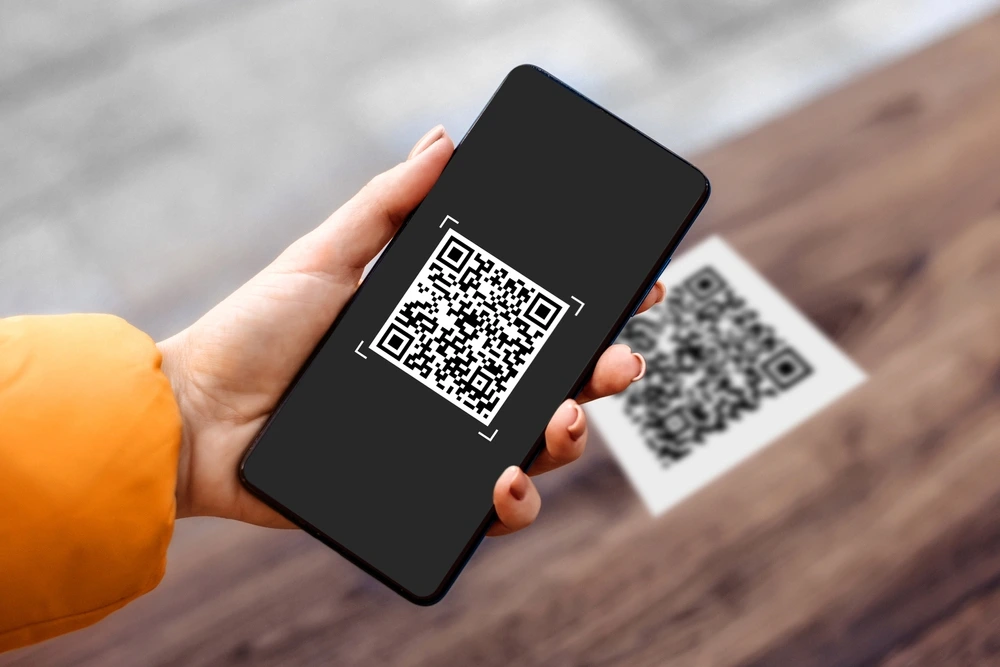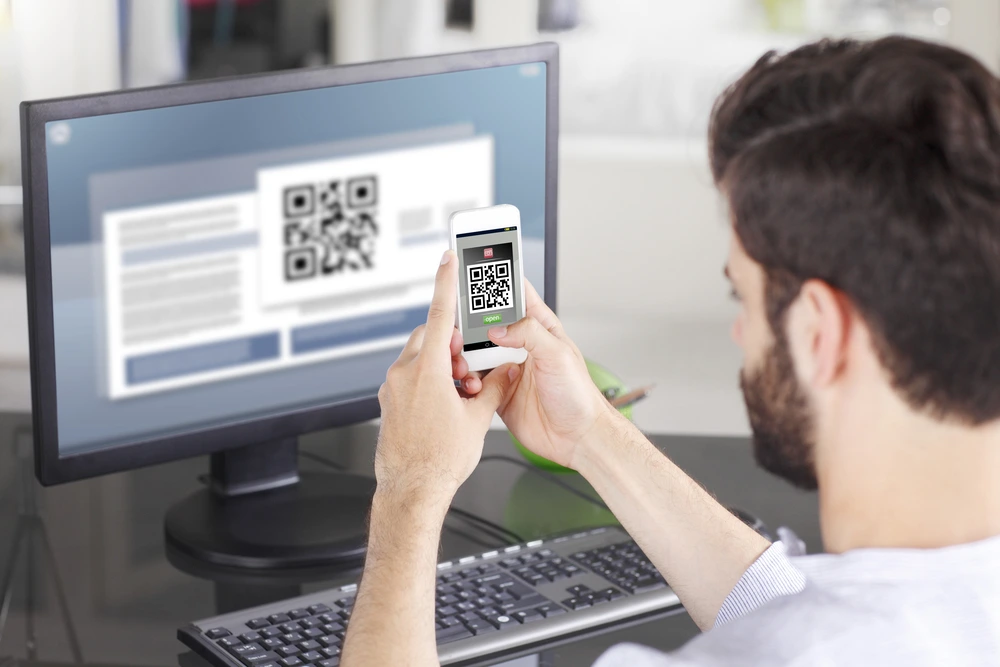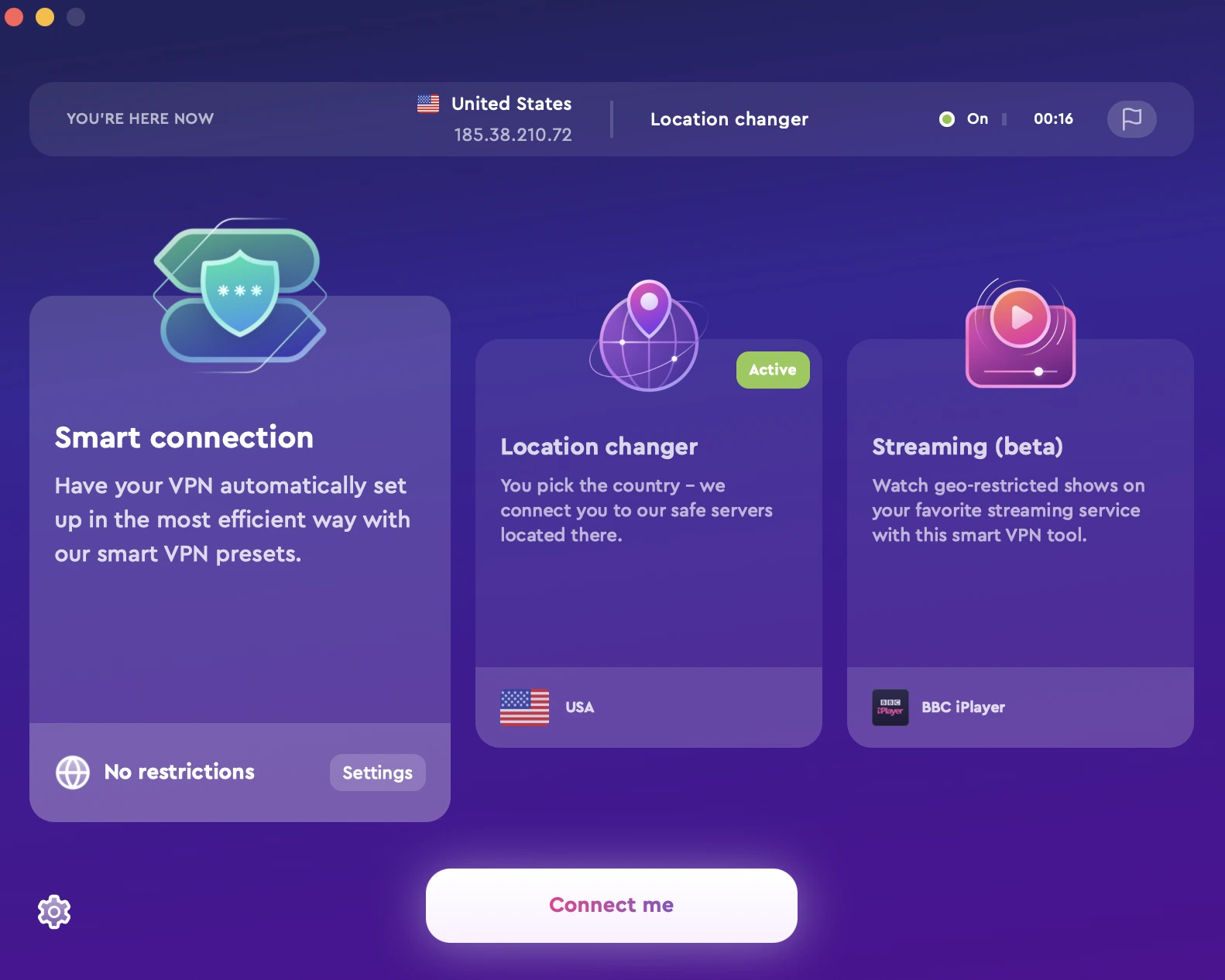It’s not difficult to see why QR codes have become immensely popular. They offer a quick and convenient way to share digital information. By scanning the code with a mobile device, users can capture data such as website addresses, event details, menus, and contact information, all in a matter of seconds.
Nevertheless, some have concerns about this technology due to recent incidents of QR code fraud and the possibility of privacy infringement. As the use of QR codes is increasingly common in our daily lives, it is imperative that we acquaint ourselves with the risks and mitigate potential dangers.
That’s where this quick guide comes in — we’ll cover the safety and privacy concerns related to QR codes and look at some precautions to ensure safe use. So let’s dive right in!
What is a QR code?
Before anything else, it’s important to understand exactly what a QR code is. Only then can you appreciate the potential risks and learn how to use them safely.
QR stands for “quick response,” so named for this code’s ability to provide instant access to information with a single scan. It works like a barcode and can be applied to various purposes.
However, unlike a regular barcode, QR codes require no special reading equipment. They can be scanned by anyone with a smartphone, so long as it has a decent camera and QR code reader app.
It’s no surprise that QR codes have become immensely popular in recent years. These codes are practically everywhere nowadays — a truly necessary component on flyers, product packaging, posters, menus, business cards, and so on.
The advent of QR code scams
Unfortunately, as with any technology that becomes immensely popular, QR codes have become a target for cybercriminals. To make matters worse, a malicious QR code looks identical to a legitimate one. As a result, QR code scams have become a widespread issue that will only worsen as the technology becomes more commonplace.
According to a study by Statista (a market research company), it is estimated that there’ll be more than 100 million users of QR codes by 2025. This is almost twice the number of users in 2020, a reminder to stay vigilant when dealing with QR codes.
How does a QR code scam work?
One remarkable thing about QR codes is that they can store significant amounts of data. Unfortunately, this also means cybercriminals can easily use it for nefarious purposes. This can be anything from directing users to malicious phishing websites, downloading malware onto their devices, or even stealing personal data.
Perhaps a perfect example of how QR codes can be twisted for malicious purposes is the “Pay to Park scam,” which was exposed by the Austin, TexasPolice Department in January 2022. Officers found hundreds of fraudulent QR codes posted on parking meters around the city. Victims scanned the QR codes intending to settle their parking fees. Instead, their personal information was compromised as their browsers were routed directly to a phishing site.
That’s just one of many examples of how QR codes can be maliciously used. As the technology gains more traction, it is likely that cybercriminals will find more ways to exploit its widespread use.
How to check if a QR code is safe?
Despite the risks associated with QR codes, it doesn’t mean that people should stop using them altogether. The good news is that there are several measures you can take to check a QR code and protect yourself:
- Only use QR reader apps that have anti-phishing and URL-verification functions. These include popular QR readers like i-nigma, and QuickMark.
- Invest in anti-malware software for your smartphone and ensure that it’s updated regularly.
- Be cautious when scanning QR codes in public areas like restaurants and retail stores. Such places are prime targets for scammers looking for unsuspecting victims.
- Only scan QR codes posted by businesses and organizations that you trust. Even then, it’s best to double-check with the source if you have concerns about the legitimacy of a code.
- Beware of QR codes that directly ask you to enter sensitive or personal information after scanning. Unless you are sure it is from a legitimate source, there’s a high chance you could be dealing with a malicious QR code.
As you can see, the aforementioned measures are relatively easy to implement. Being generally cautious when scanning QR codes will help ensure your data remains secure.
Mitigating QR code security risks with a VPN
Are you keen to take your data security to the next level? Ensure your QR code is secure by using a VPN (Virtual Private Network) service.
A VPN can protect you against fake QR codes by encrypting your Internet connection and routing it through a secure server. You can think of it as an additional layer of data security that makes it practically impossible to steal your data. In short, even if you get tricked into scanning a malicious code, scammers won’t get anything useful thanks to the encryption.
Protect your data now with ClearVPN by following a few simple steps:
1. Open the Google Play Store or App Store and search for “ClearVPN”, or download the app from ClearVPN website.
2. Download and install the app on your smartphone.
3. Open the app and create an account. ClearVPN offers a free plan, so you can try it without spending a penny.
4. Log in to ClearVPN, choose “Smart Connection” mode, and click the “Connect Me” button.
And that’s it — all data from your device is now encrypted and protected from malicious QR codes!
FAQs
How do I know if a QR code is safe?
The only way to know for sure is to use a QR code scanner that has anti-phishing features and can detect malicious URLs. You can also check the URL for signs that it may not be secure — no “https://“ prefix, no padlock icon in the address bar, etc.
Can I get a virus from a QR code?
Yes, getting a virus from a QR code is possible. All it has to do is redirect you to a website containing the malicious code.
Can QR codes track you?
QR codes by themselves cannot track you. However, scanning a QR code can direct you to a website that might use tracking mechanisms like cookies, which can capture your browsing habits and personal information.
